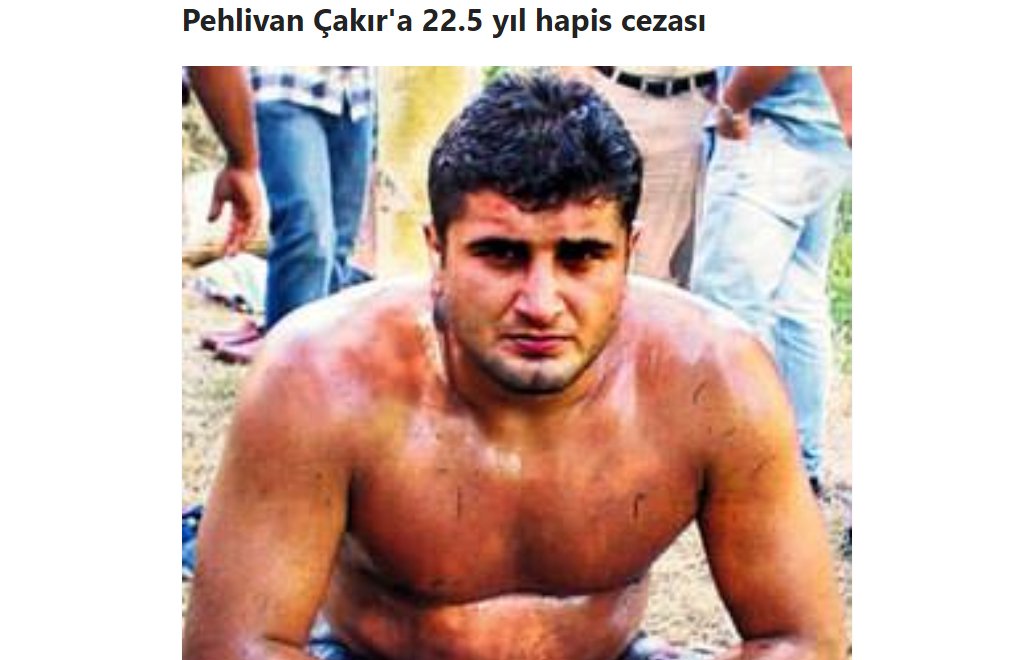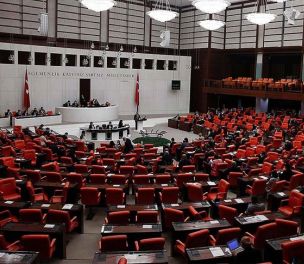Click to read the article in Turkish
Recep Çakır, a national team wrestler, was remanded in custody in 2008 for raping G.C. (23) in Antalya. In 2012, he was sentenced to 23 years and 6 months in prison.
After Çakır's application for an access block to the news reports about his rape of the woman, Korkuteli Penal Judgeship of Peace blocked the access to reports on many websites, including Yeni Şafak, Hürriyet, Takvim and Sabah.
The Judgeship stated in the decision dated August 13 that it gave the verdict on the ground of "the right to be forgotten."
The Freedom of Expression Association's "Engelli Web" (Blocked Web) project first reported the incident.
A new law on social media and the internet, which also regulates the right to be forgotten, came into force on July 31.
Dr. Altıparmak: We should forget the right to be forgotten here
Commenting on the verdict for bianet, human rights defender and lawyer Asst. Prof. Dr. Kemal Altıparmak noted that the right to be forgotten was not first introduced with the new law but also existed before.
While the right to be forgotten can be exercised in case the privacy and freedom of expression conflict but cannot be exercised in cases such as rape because of "public interest," according to Altıparmak.
"We should forget the right to be forgotten here," he said and continued:
"How much this story interests the public, does it create public benefit? Does the public interest upset the balance about protecting the rapist's private life in favor of freedom of expression? The answer to these questions is 'Yes.'
"The right to be forgotten is not something to be applied in all situations and there is nothing to forget in this incident. The incident happened in recent times and there is still a public interest in the public's knowledge about it and enabling the people who interact with him to protect themselves.
"When giving a decision, the importance of the person, his position, the acts alleged in the news, how much interest it attracted, all of these should be considered together. There is a judicial decision here and the man is convicted. If he had been cleared, then we would have been speaking very differently."
The right to be forgotten wasn't introduced with the new law
Altıparmak noted that the right to be forgotten was not introduced with the new law but with Law No. 5651 on Regulation of Publications on The Internet and Combating Crimes Committed by Means of Such Publication in 2007.
Article 9 of the law, titled, "Removal of content and blocking access," covers the right to be forgotten, he said.
"What has been done is only a change in the method of implementing verdicts. The new law introduced the removal of content, in addition to access block verdicts. And a monetary fine was introduced for not implementing verdicts.
"Such a situation has emerged as a result. If a verdict is given about removing news content, sites will have to implement it. Because there is a monetary fine at the end.
"Actually, we should view this not as 'the introduction of the right to be forgotten' but as 'censorship has been necessitated'."
The new law causes news reports to be deleted "forever," he said.
"If this man rapes another person in the future, we will not be able to say, 'This was predictable.' Because you will not be able to find the report anywhere.
"We had predicted this when the law was discussed. It is not surprising at all. The law passed so quickly and hastily that it was not possible to discuss these consequences." (HA/VK)








-132.jpg)


as.jpg)




